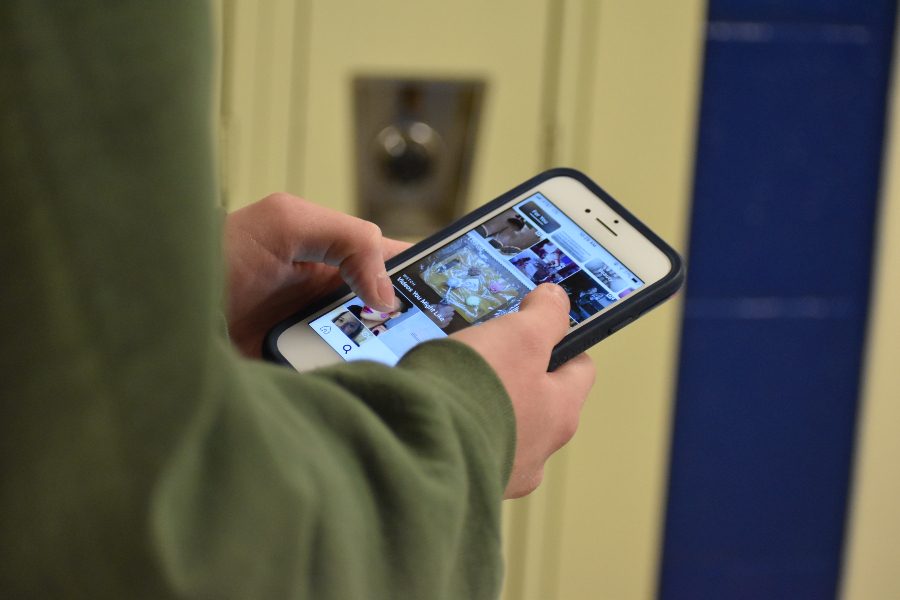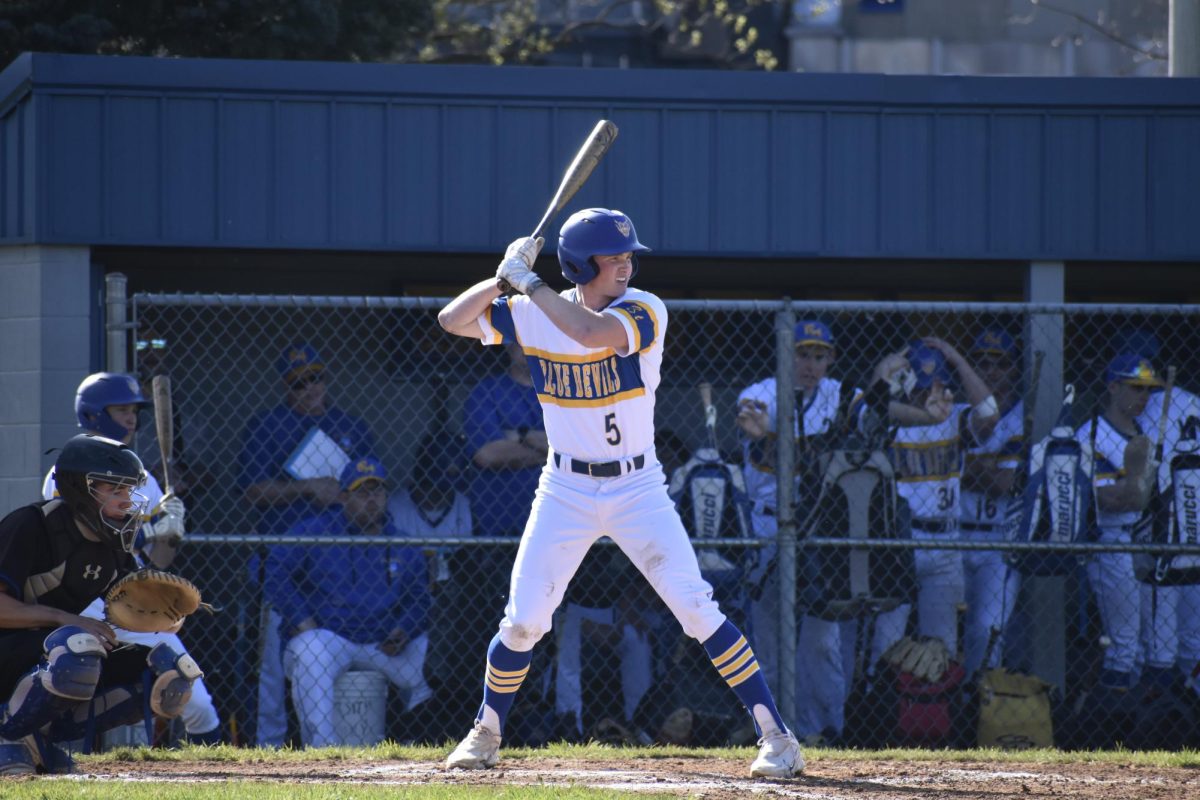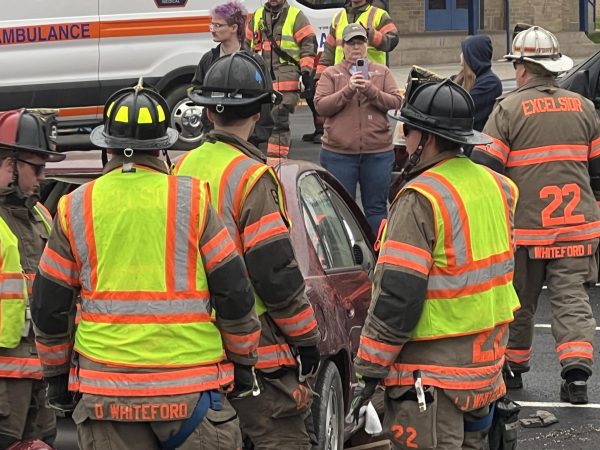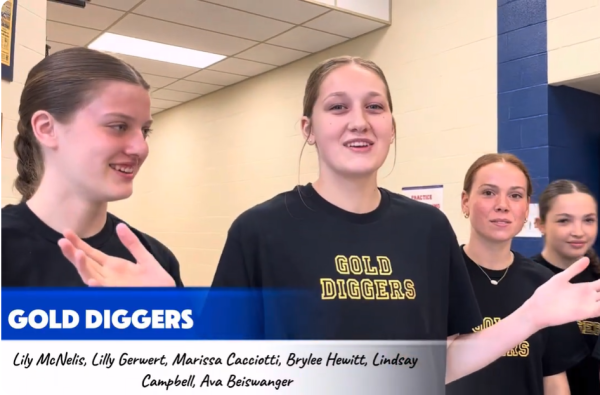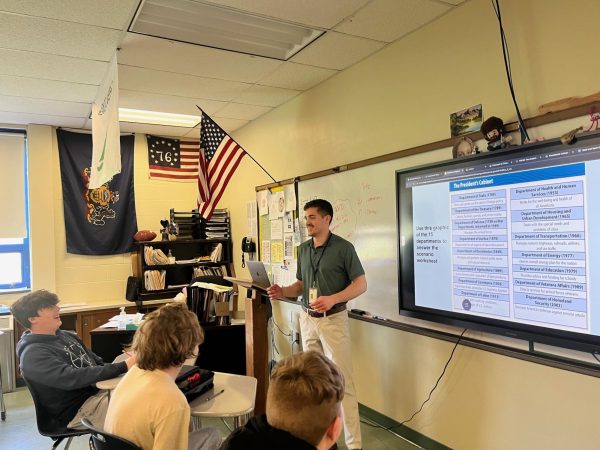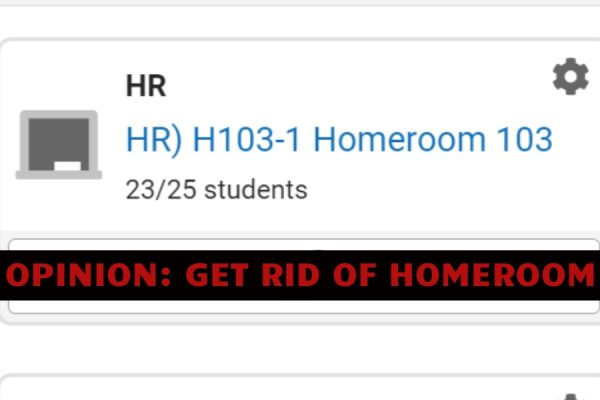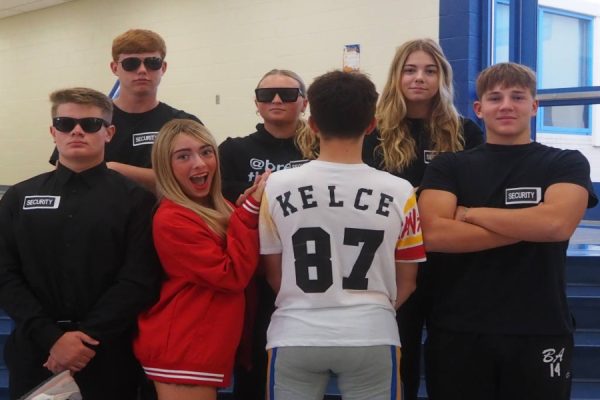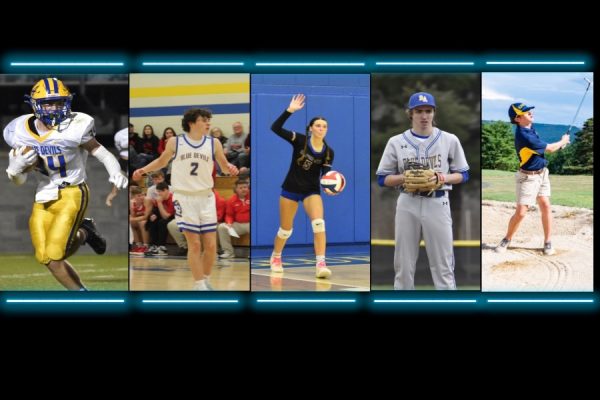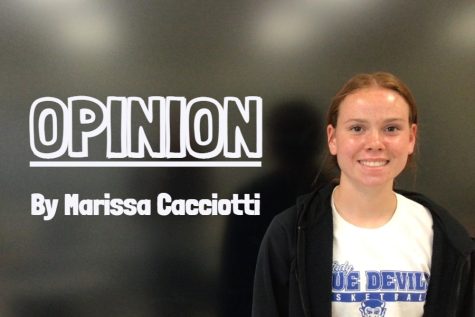Tea w/ C: friending teachers on social media is a no-no
Teachers and students should not be connecting on social media.
December 6, 2018
In the past, teachers following students on social media was a big “no no” and definitely not accepted. However now as social media has become more prominent in education, teachers having students on social media is more common.
I can remember in middle school teachers telling students who found them on Instagram, to un-request them. At a speech meet, one student even wrote a persuasive speech on how this act was inappropriate. However, that was years ago and now teachers are using social media as a way to reach students. BAHS teachers were encouraged to get a Twitter for a Twitter Challenge last year for them to incorporate social media into their curriculum. This brings up the question: How appropriate is it for teachers and students to interact on social media?
Students typically think of teachers as older people who wouldn’t know how to work a social media outlet. However, curiosity is still out there and students look their teachers names up. If they pop up, a student may innocently request their teacher. Is that so bad? Is there any harm in students wanting to know what their teachers like to do outside of school while also having the potential to educate students online? Is it more or less acceptable for coaches and club advisors to interact with students in such a way?
Is there any harm in students wanting to know what their teachers like to do outside of school while also having the potential to educate students online?
World Cultures teacher and wrestling coach Mr. Nikolas Christine has only one personal social media account, which is used to follow his hobbies. No student is allowed to follow it, but his students are allowed to follow his professional Twitter because he has it for professional purposes. He never follows students back and thinks it is only appropriate to have students on social media if it’s for educational purposes. Mr. Christine is very strict on having a professional relationship with his students.
“Last year I had my cousin in class, and I even deleted him while I was his teacher,” said Mr. Christine.
Some students have even found his little brother on social media. Mr. Christine instructed students not to follow him because he finds it inappropriate and his brother found it uncomfortable.
Mr. Christine is a wrestling coach. It would make sense for him to have his wrestlers on social media to share videos or give them information about practices, right? He says it’s unnecessary, whereas chemistry teacher and co-advisor of the Renaissance club Ms. Carrie Clippard interacts with some students on Twitter in a Renaissance group chat. She doesn’t use it for anything else and she definitely doesn’t follow them back, but her and fellow advisor of the club, Mrs. Allison Stinson, do communicate with a small group of students to bounce ideas off of.
“If it wasn’t for Mrs. Stinson also being in the chat I’d find it inappropriate,” said Ms. Clippard.
Other teachers may follow students back, she said, but she does not.
If we’re talking about social media, does that mean that having a teachers phone number and texting them a question about homework is okay? A poll on today.com shows that 48% people think that not only having teachers on social media is inappropriate, but so is texting them. However, 23% say both are fine, but imagine how a teacher would look if they were out to dinner and they got a text or an Instagram “like” from a student. How would they explain that to their spouse? Twelve percent of students say texting a teacher is okay, but not social media, and 16% say social media is okay, but not texting.
Think about this: not everything a teacher posts could be deemed appropriate for students to see. Some teachers just post about their favorite sports team, but other teachers use social media for more personal uses. A teacher in North Carolina was suspended for posting a video of her instructing a fitness pole dancing class. What teachers post on social media, unless if sharing an opinion about a union activity or working conditions, is not protected by the first amendment.
In my opinion, student-teacher interaction outside of school can be judged on a case to case basis. Especially in small communities, teachers can be family, friends, and relatives. However, if you need to contact teachers about an assignment, there are apps like google classroom that you can ask a teacher questions on. Teachers here also offer their school emails for students to use. There are enough ways to appropriately contact a teacher if you have a concern with a class and social media is not one of them, and following a teacher on Instagram to just see what they’re up to, is an interaction students do not need to have with a teacher.



